What Plants Are The Best To Repel Mosquitoes?
•Posted on April 09 2024
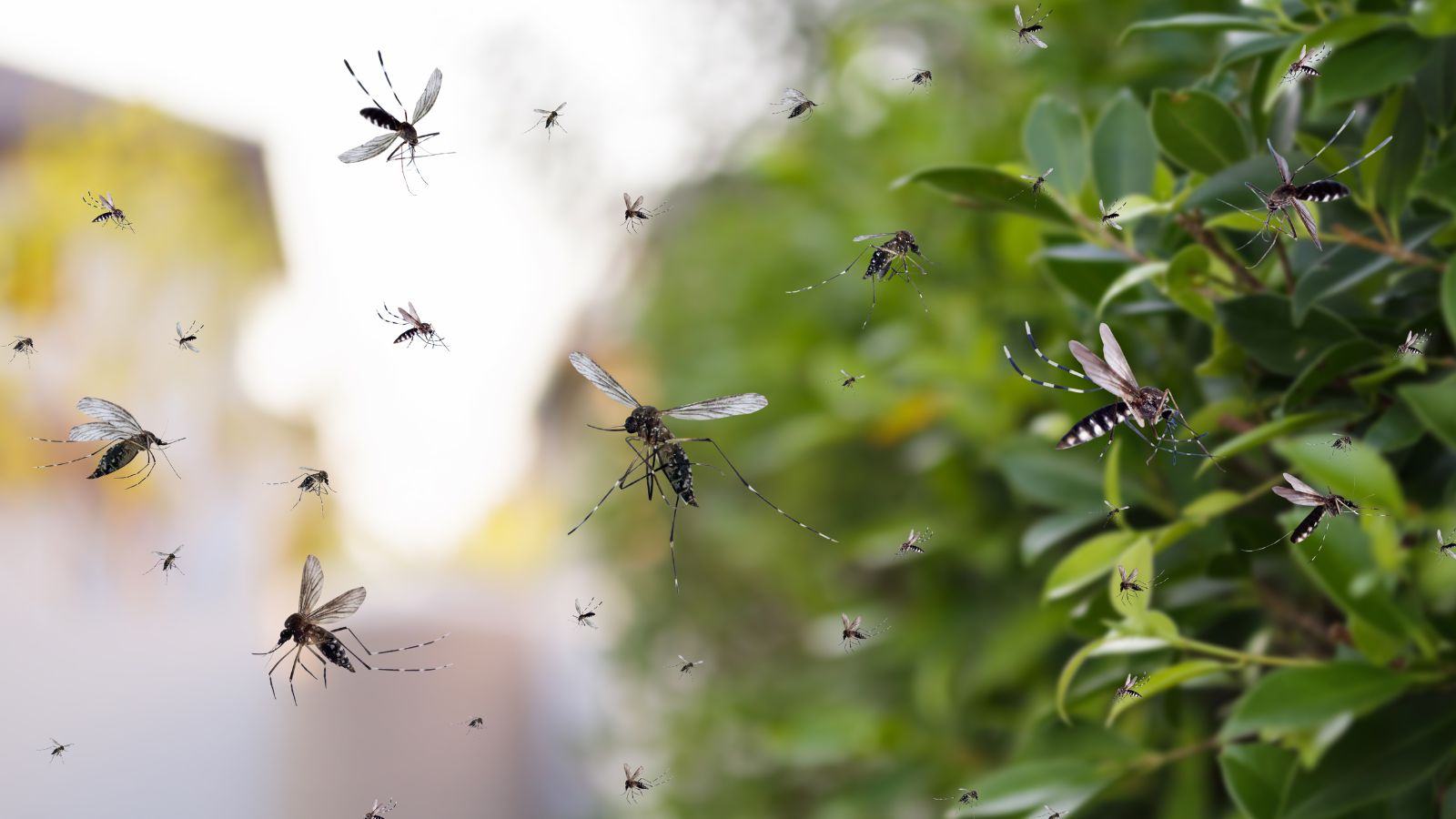
Mosquitoes are unwelcome guests at any outdoor gathering, turning a pleasant evening into an itchy affair.
While chemical repellents offer a solution, many people are turning to natural alternatives for a safer and eco-friendly approach.
Enter mosquito-repelling plants, nature's own guardians against these pesky insects.
In this comprehensive guide, we'll delve into the world of plants that repel mosquitoes, including the top 5 contenders, how they work, and their safety for pets like dogs.
Recommended for You:

Plants That Repel Mosquitoes: Nature's Defense
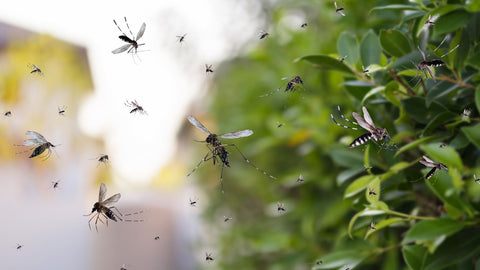
What Can I Plant to Repel Mosquitoes?
From aromatic herbs to vibrant flowers, there's a wide array of plants known for their ability to repel mosquitoes naturally.
Some of the top contenders include:
-
Citronella Plant: Perhaps the most well-known mosquito repellent, the citronella plant emits a strong scent that masks other attractants, deterring mosquitoes from the area.
-
Lavender: Known for its calming fragrance, lavender also doubles as a natural mosquito repellent. Plant it in your garden or place pots around outdoor seating areas to keep mosquitoes at bay.
-
Marigolds: These cheerful flowers not only add color to your garden but also repel mosquitoes with their distinct scent.
-
Peppermint: The refreshing scent of peppermint is pleasant for humans but repulsive to mosquitoes. Plant it around your patio or crush the leaves to release the scent.
-
Rosemary: This versatile herb not only adds flavor to your culinary creations but also repels mosquitoes when planted in your garden.
Related Post: 7 Plants That Will Repel Pesky Mosquitoes This Summer
Best Plants to Repel Mosquitoes
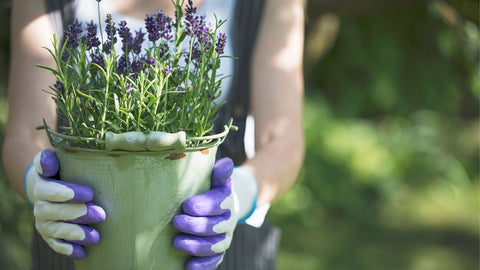
While the effectiveness of mosquito-repelling plants may vary, some are particularly renowned for their potency in deterring these pests.
The best plants to repel mosquitoes include:
- Citronella
- Lavender
- Marigolds
- Peppermint
- Rosemary
- Basil
- Lemon balm
- Catnip
- Geraniums
- Lemon thyme
How Do Plants Repel Mosquitoes?
Plants employ various mechanisms to repel mosquitoes, including emitting strong scents, producing oils or compounds that mosquitoes find unappealing, and even masking the scent of humans or other attractants.
For example, citronella plants release citronella oil, which disrupts mosquitoes' ability to locate their targets, while lavender produces a fragrance that mosquitoes find aversive.
Recommended for You:

Plants to Repel Mosquitoes That Are Safe for Dogs

Are Mosquito-Repelling Plants Safe for Dogs?
Many mosquito-repelling plants are safe for dogs when grown in the garden or placed around the home.
However, it's essential to exercise caution with certain plants, as ingestion may cause mild gastrointestinal upset in dogs.
Some plants to repel mosquitoes that are safe for dogs include:
- Lavender
- Marigolds
- Rosemary
- Basil
- Lemon balm
To ensure the safety of your furry friend, research each plant's toxicity level and placement to prevent accidental ingestion.
Consider consulting with a veterinarian for guidance on pet-safe gardening practices.
Related Post: 5 Harmful Garden Insects and How to Eliminate Them
Creating Your Mosquito-Free Oasis
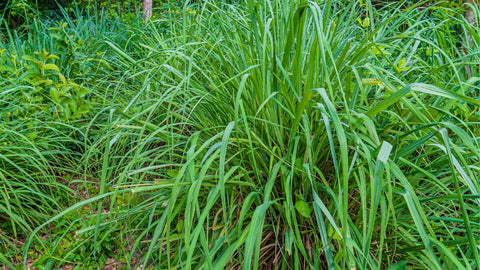
Tips for Incorporating Mosquito-Repelling Plants Into Your Landscape
To maximize the effectiveness of mosquito-repelling plants and create a pleasant outdoor environment, consider the following tips:
-
Plant Strategically: Position mosquito-repelling plants near outdoor seating areas, patios, and entryways to create a natural barrier against mosquitoes.
-
Mix and Match: Combine different mosquito-repelling plants to enhance their effectiveness and create a diverse, visually appealing landscape.
-
Regular Maintenance: Keep plants healthy and vibrant by providing adequate sunlight, water, and nutrients. Prune regularly to encourage growth and release their natural repellent properties.
-
Complement With Other Measures: While mosquito-repelling plants offer effective protection, consider complementing them with additional measures such as citronella candles, mosquito nets, or fans to further deter mosquitoes and enhance outdoor comfort.
Recommended for You:

Nourishing Your Mosquito Repelling Plants
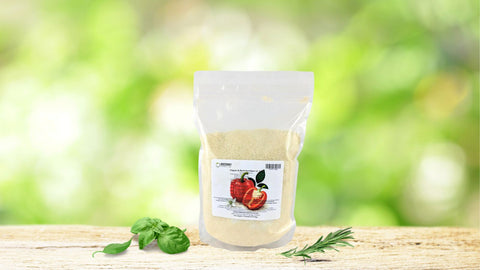
It should also be noted that in order to cultivate thriving herbs that repel mosquitoes effectively, it's essential to provide them with the nutrients they need to flourish.
This is where our Pepper & Herb Fertilizer 11-11-40 comes into play.
This fertilizer is specially formulated to meet the unique nutritional needs of herbs, including those known for their mosquito-repelling qualities.
It's rich in essential nutrients like nitrogen, phosphorus, and potassium, as well as micronutrients like calcium, magnesium, and sulfur.
These nutrients promote robust growth, vibrant foliage, and increased essential oil production in herbs, enhancing their ability to repel mosquitoes.
By providing your herbs with the right balance of nutrients, Pepper & Herb Fertilizer 11-11-40 supports their overall health and vitality, enabling them to release their natural repellent properties more effectively.
Whether you're growing lavender for its calming fragrance or peppermint for its refreshing scent, Pepper & Herb Fertilizer 11-11-40 can help you cultivate thriving herbs that not only beautify your garden but also keep mosquitoes at bay.
With our Pepper & Herb Fertilizer, you can nurture a flourishing herb garden that not only enhances your outdoor space but also provides natural protection against mosquitoes, allowing you to enjoy your time outdoors without the nuisance of these pesky insects.
Related Post: A Guide to Natural Herbicides, Pesticides and Fungicides for Your Garden
Harnessing Nature's Power Against Mosquitoes
In conclusion, incorporating mosquito-repelling plants into your landscape not only adds beauty but also provides a natural and eco-friendly solution to mosquito control.
From the soothing aroma of lavender to the zesty freshness of peppermint, these plants offer an effective defense against mosquitoes while creating a serene outdoor oasis for you and your loved ones to enjoy.
Remember to research plant toxicity levels and consult with a veterinarian to ensure the safety of your pets.
Embrace the power of nature's guardians and reclaim your outdoor space from mosquitoes with these top 5 mosquito-repelling plants.
Comments
0 Comments
Leave a Comment